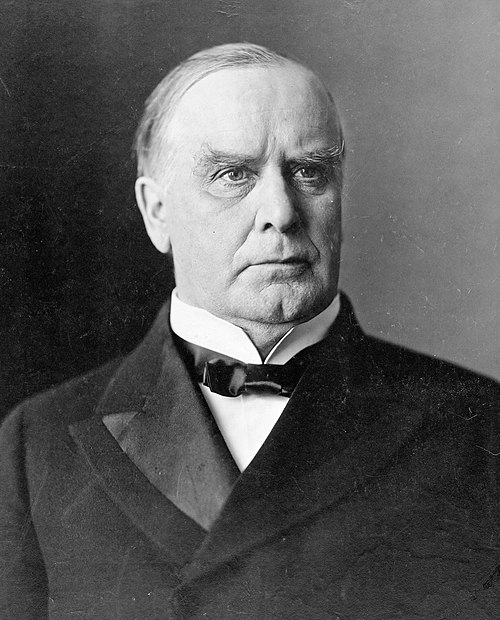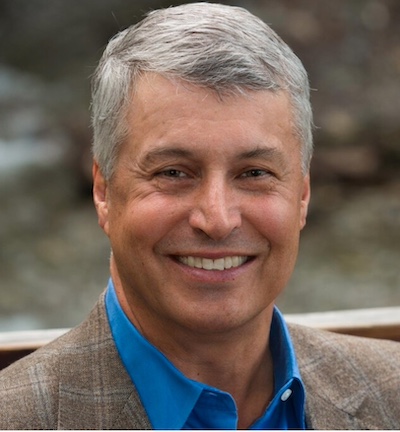By BOB BIRD
Compassion is good. False compassion enables the perpetuation of what originally summoned the compassion. An obvious example would be to sympathetically pat the head of a starving orphan, hug them, and then move on.
A less obvious example is to watch a homosexual be insulted or beaten by playground bullies, treat their wounds, and then tell them that being a homosexual is perfectly fine.
It is unnatural to pour milk into an automobile gas tank, to drink gasoline, or for men to lie with men, or to pretend that they are women. Whatever excuses might be made on behalf of those who do these things, no one can reasonably call them “natural”.
Not too long ago, homosexuality carried a stigma. It was both social and institutional. Those who were afflicted with this spiritual and psychological problem, lived an underground lifestyle. It was an affliction not only found within slums and dark alleys, but also hidden among suburbs and white-collar executives. No one who practiced it was proud of it, while others who wanted to rid themselves of this “monkey-on-the-back”, often sought professional help, whether through psychiatry or clerical privacy.
In the military, it meant a quick dismissal from service, usually characterized by the famous “Section 8 discharge”, although that also included many other mental disorders.
But the point about homosexuals in the military was mainly over morale. What man wanted to go into a communal shower with someone known or suspected of being sexually attracted to them, or was shopping for a willing partner? “Blanket parties”, fist-fights and reluctance to obey orders from someone with this malady would necessarily reduce military efficiency.
Now, let’s suppose there is a known or suspected homosexual, in an all-male combat foxhole team. One guy is tired of the verbal abuse the suspected homosexual has endured, so he is defending him. Even though the guy is “straight”, the foxhole now has a serious morale problem.
Heterosexual promiscuity also once carried a stigma. No divorced-and-remarried politician could escape censure. It hounded Nelson Rockefeller’s efforts at winning the White House, and even indirectly Gerald Ford — who was never divorced, but married a woman who was. It did not necessarily mean it was an adultery-caused divorce, but the possibility existed.
Teen pregnancy also was almost equally taboo, with the lion’s share of blame always falling unjustly upon the girl. Promiscuity among consenting adults was shameful, living together outside of marriage was euphemistically called “playing house”, and family members talked about their relatives being in a “common law marriage”.
The point is, we suffer from a cultural problem of false compassion, where we now calls these unnatural things what they are not: natural. And, if we have somewhat corrected the problem of ridiculing homosexuals, we have created a false compassion by making what was once seen as a pitiable and treatable psychosis, to enabling it into a “new normal”.
We should not dress up these abnormal relationships by going through the ceremonies and nomenclatures of marriage. Marriage existed before governments. It has always been a man/woman thing, even in polygamy.
In the most decadent days of the Roman Empire, homosexual relationships made no pretense of being married. Marriage means procreation of children, and not through a laboratory. Adoption was a noble option. Their children required the acceptance of the responsibilities of raising them, a spousal sharing of the expenses, joys and sufferings, and an unswerving trust, based upon natural law.
You can say that there are examples where homosexual couples live up to those standards, but that is like saying that you can find alcoholic parents who are good parents. Yes, they exist. But what kind of an example is it setting?
By the existence of anatomy, homosexual relations are not natural. Man, who has always made an effort to “play at being God”, now uses the knowledge of mad science to mutilate and drug himself into a defiance of what the Almighty determines for us — naturally — at conception.
Abnormal and unnatural behavior can only expand towards a limitless parade of new and unforeseen avenues. Thus, the unborn child is no longer seen as fully human. Adopted children are sent into homosexual households, to be surrounded by an unnatural set of values and activities. Seemingly out of nowhere, sexual identity itself has become a bargainable political issue, and what the AMA used to call “mutilation” is now called “gender-affirming healthcare for minors.”
Humanity consists of three basic elements: body, mind and spirit. The human mind and human spirit are different, but very hard for us to differentiate. When religious authorities cast out demons, the secular explanations usually identify these events as a psychological, rather than a spiritual malady.
Tell me, why should we accept their atheistic or agnostic world view? It is a flat-out denial that there is any spiritual element to human existence. Thus, we do not possess a soul, and therefore our actions are merely robotic, influenced by DNA, genetics or environmental factors.
And since the 1970s, clinical psychology, under duress, ended the idea of homosexual and even heterosexual promiscuity as a psychosis, and therefore in need of treatment. That is the fundamental mistake that we labor under today.
New and even stranger elements lurk just below the surface, but as yet carry a (diminishing) social stigma: incest, bestiality, polygamy, polyandry, and even mechanical sexuality. Human-animal cloning is now under experimentation by these mad scientists, unimagined by Aldous Huxley’s Brave New World.
This wilderness has only one exit: an evangelization that returns us to God’s natural law. It might still be possible, even within a culture that appears to be hopelessly divided when it comes to religious and eternal questions. It bespeaks the need for courage, self-sacrifice and martyrdom, as events increasingly demonstrate with the latest outrage perpetrated in Minneapolis.
The Left, supposedly so devoted to science, is ignoring what hormonal treatments are doing to people like the Nashville and Minneapolis shooters. What would be the expected treatment of Christians who enter gay or trans neighborhoods, exercising their right to freedom of speech, in an attempt to bring natural law and common sense to people who live in a permanent state of anger, weakness and victim support groups? Many states and cities make it illegal to discourage gender dysphoria in psychiatric treatment. And as already exists in Scandinavia, it may soon be illegal to speak against these disorders from the church pulpit.
The Church’s foundation is built upon the blood of martyrs. So said Tertullian, in the 2nd Century. It converted not only the pagan Roman Empire, but also, much later, the Norsemen.
The unintentional martyrdoms have already begun, in Nashville and Minneapolis. It comes because the teachings of religious institutions of authentic Christianity are well known, and therefore angers those who have been victims, not of Christianity, but of the unnatural values of a soulless and hopeless culture.
Bob Bird is former chair of the Alaskan Independence Party and the host of a talk show on KSRM radio, Kenai.
Bob Bird: Alaska’s GOP must drop the dead weight — or ranked-choice voting and Democrats win
Bob Bird: The glaring inconsistencies of ‘pro-lifers’
Bob Bird: A renewal of anti-war conservatism








